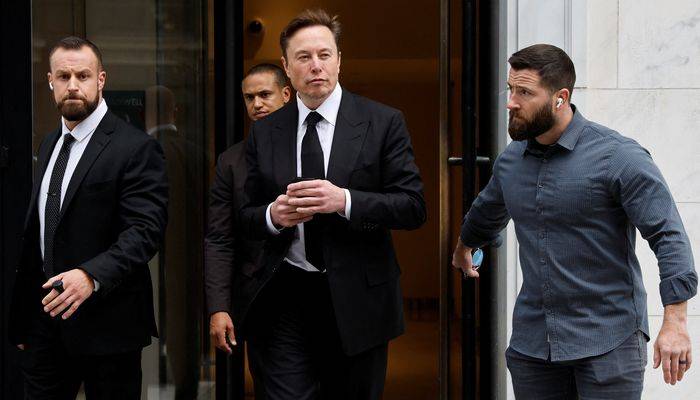
A group of Tesla investors is urging shareholders to oppose a CEO Elon Musk's compensation plan valued at over $40 billion.
As per AP News, the group argues that it does not align with the interests of the electric vehicle manufacturer.
Tesla is facing challenges such as declining worldwide sales, a slowdown in demand for electric vehicles, an aging product range, and a 30% drop in its stock price this year.
Meanwhile, the group of shareholders, including New York City Comptroller Brad Lander, SOC Investment Group, and Amalgamated Bank, said in a letter that endorsing Musk's compensation plan would not foster Tesla's long-term growth and stability.
Additionally, there are also concern that endorsing the compensation package could prompt legal challenges citing corporate mismanagement.
The letter also highlighted concerns about Musk's perceived role as a part-time CEO at Tesla, as his focus appears to be shifting towards other business endeavours.
The group said, "Shareholders should not pretend that this award has any kind of incentivizing effect—it does not. What it does have is an excessiveness problem, which has been glaringly apparent from the start."
They pointed out that if shareholders approve the compensation package, there's a possibility of another plan being proposed next year.
"Given Tesla’s history of exponentially larger awards, Musk may well ask for another award," the group further said.
Meanwhile, the group is also urging investors to oppose the re-election of board members Kimbal Musk, Elon's brother, and James Murdoch, a former executive at media company Twenty-First Century Fox.
Last month, Tesla requested shareholders to reinstate Musk's pay package, valued at $56 billion at the time, which had been rejected by a Delaware judge this year.
Additionally, the company proposed shifting its corporate headquarters to Texas.












